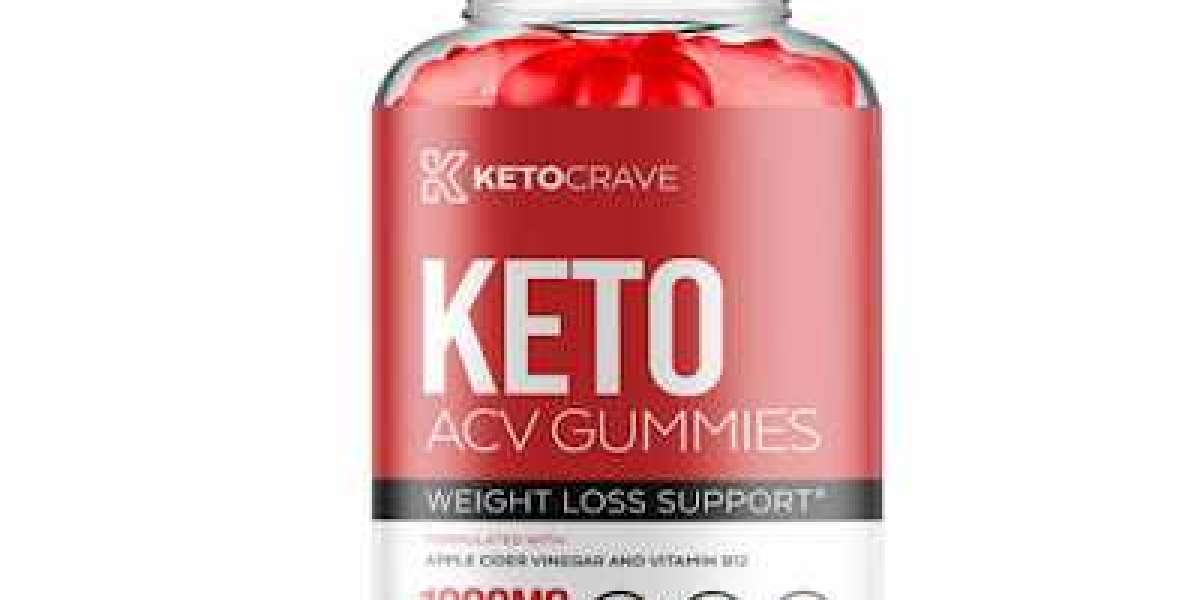According to this latest publication from Meticulous Research®, the electric vehicle battery materials market is projected to reach $156 billion by 2031, at a CAGR of 30.7% from 2024–2031. The growth of the electric vehicle battery materials market is driven by the increasing adoption of electric vehicles worldwide, growing investments in developing lithium-ion battery capacity, and increasing investments by leading automotive OEMs in manufacturing EV batteries. Increasing efforts for battery recycling are expected to offer significant growth opportunities for players operating in the Electric Vehicle Battery Materials market.
However, considerable ESG-related challenges to the battery value chain and rising concerns of geopolitical dependencies due to the limited availability of raw materials may hinder the growth of this market. The volatile supply chain and high cost of battery recycling are major challenges faced by the players operating in the Electric Vehicle Battery Materials market.
Meticulous Research® has segmented this market based on material, source, and geography for efficient analysis. The study also evaluates industry competitors and analyzes the market at the regional and country levels.
Based on material, the electric vehicle battery materials market is segmented into cathode materials, anode materials, binders, battery foils, and electrolytes. In 2024, the cathode material segment is expected to account for the largest share of the electric vehicle battery materials market. Cathode materials significantly influence the voltage and capacity of batteries. It determines the energy density of batteries; higher energy density cathodes contribute to batteries with greater energy storage capacity, allowing for longer lasting and more powerful battery systems. The choice of cathode material influences the specific properties of the battery, such as safety, cycle life, and cost. The durability and cycle life of a battery are influenced by the cathode material. Batteries with high-quality cathodes can withstand more charge-discharge cycles, making them suitable for long-term use. Due to such factors, cathode materials account for the largest share of the battery materials market.
Based on source, the electric vehicle battery materials market is segmented into virgin raw materials and recycled raw materials. In 2024, the virgin raw materials segment is expected to account for the largest share of the electric vehicle battery materials market. The virgin raw materials segment commands the larger share of the global battery materials market since virgin materials often offer higher and more consistent quality and purity which helps in maintaining desired battery specifications and performance characteristics. Additionally, the infrastructure for extracting and processing virgin raw materials for batteries may be more established and widely available, making it more practical and cost-effective for battery manufacturers to source virgin materials.
Based on geography, the electric vehicle battery materials market is segmented into North America, Europe, Asia-Pacific, Latin America, and the Middle East & Africa. In 2024, Asia–Pacific is expected to account for the largest share of electric vehicle battery materials. The large share of this region is attributed to the leading position commanded by China in the global li-ion battery manufacturing capacity. China also dominates the other parts of the battery supply chain, including mining, refining, and processing of battery materials such as lithium and graphite etc.
Download Sample Report Here @ https://www.meticulousresearch.com/download-sample-report/cp_id=5757
Key Players:
The key players operating in the electric vehicle battery materials market are BASF SE (Germany), Targray Technology International Inc. (Canada), Mitsubishi Chemical Group (Japan), Kureha Corporation (Japan), Resonac Holdings Corporation (Japan), Umicore (Belgium), UBE Corporation (Japan), Nichia Corporation (Japan), Nei Corporation (U.S.), Tanaka Chemical Corporation (Japan), Toda Kogyo Corp (Japan), ENTEK International LLC (U.S.), Epsilon Advanced Materials Pvt Ltd (India), Ascend Elements, Inc. (U.S.), Arkema SA (France).
Contact Us:
Meticulous Research®
Email- [email protected]
Contact Sales- +1-646-781-8004
Connect with us on LinkedIn- https://www.linkedin.com/company/meticulous-research


